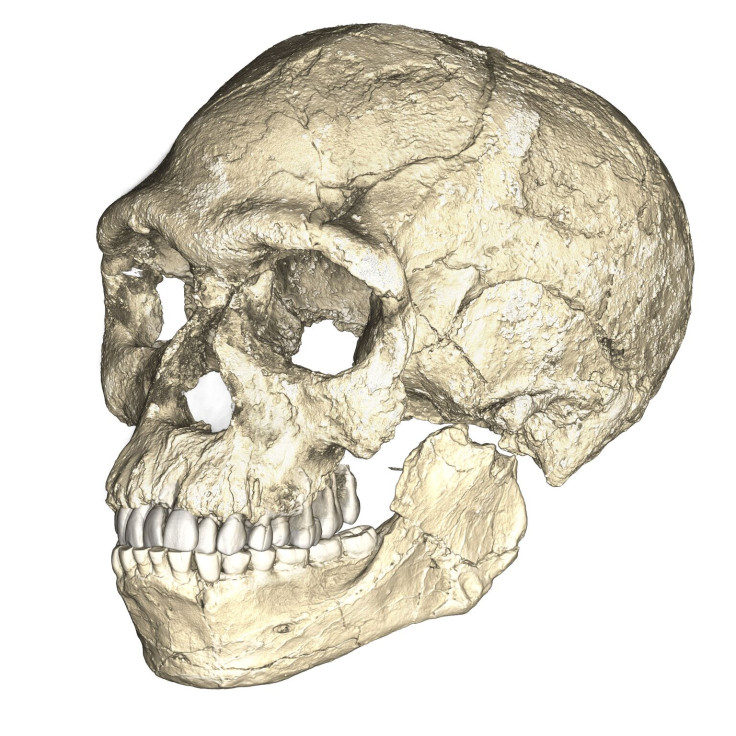Ancient genomes reveal modern humans began to emerge 350,000 years ago
New research adds weight to the belief that modern humans evolved much earlier than commonly thought.

Modern humans – or homo sapiens – first began to emerge between 260,000 and 350,000 years ago, according to new research based on the analysis of ancient human genomes.
These findings add more weight to the suggestion that homo sapiens evolved earlier than previously thought.
Based on evidence from the fossil record, the common view among researchers has been that the emergence of anatomically modern humans took place between 180,000-200,000 years ago in East Africa, from where they then spread.
However, the latest study sheds new light on the deeper African history of our species and complements a recent fossil discovery in Morocco that could potentially belong to the oldest homo sapiens found to date at around 300,000 years old (although some researchers disagree because, while the species may have looked similar, their brains could have been quite different).
To make their findings, a team of researchers from Uppsala University, Sweden and the Universities of Johannesburg and the Witwatersrand, South Africa, examined the remains of seven people who lived in southern Africa between 2,300 and 300 years ago. They then compared the DNA of these seven people to modern and archaic DNA samples.
Their findings are published in the journal Science.

The researchers' much older estimate for the evolution of modern humans also corresponds with the age of the so-called Florisbad and Hoedjiespunt fossils, which belonged to Homo species that are thought to be our direct ancestors. Homo is the name for the genus – or group of species – which includes all humans, modern and ancient.
"It now seems that at least two or three Homo species occupied the southern African landscape during this time period," said Marlize Lombard, an author of the study.
"Archaeological deposits dating to the time of the split by 260,000-350,000 years ago attest to southern Africa being populated by tool-making hunter-gatherers at the time. Although human fossils are sparse, those of Florisbad and Hoedjiespunt are seen as transitional to modern humans."
Carina Schlebusch, another author of the study, says the transition from archaic to modern humans may not have occurred in one place, but in several:
"There might not have been one single place in Africa where Homo sapiens originated but rather multiple places where archaic Homo species evolved into modern Homo sapiens. We see this gradual transition from archaic to modern forms in North, East and southern Africa and fossils of modern, transitional and archaic forms are found in all three these regions."
© Copyright IBTimes 2025. All rights reserved.





















